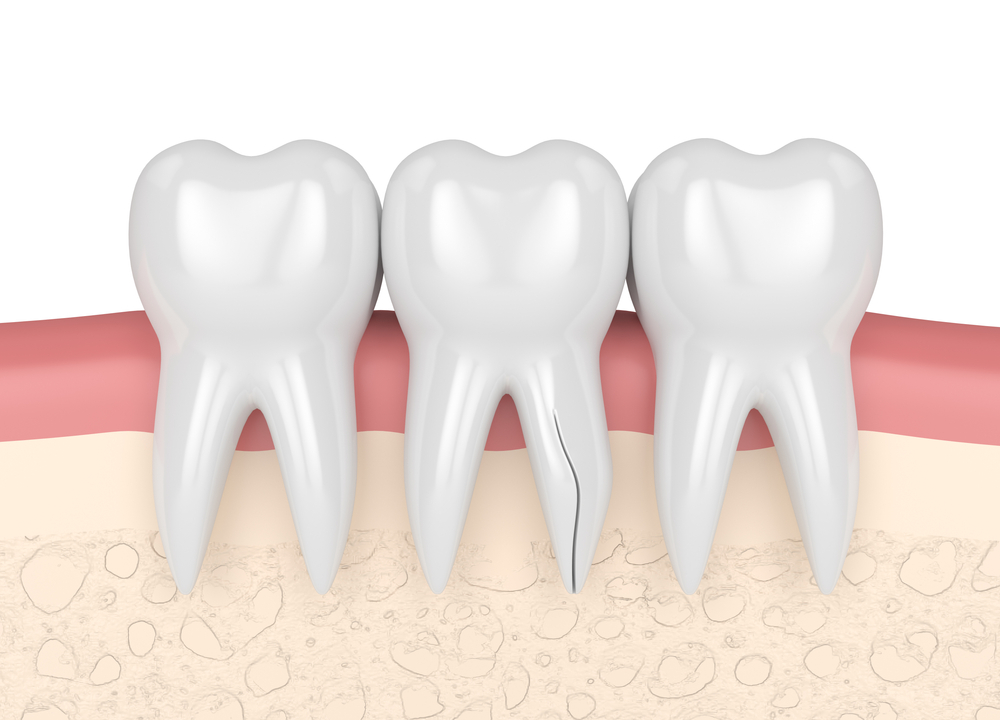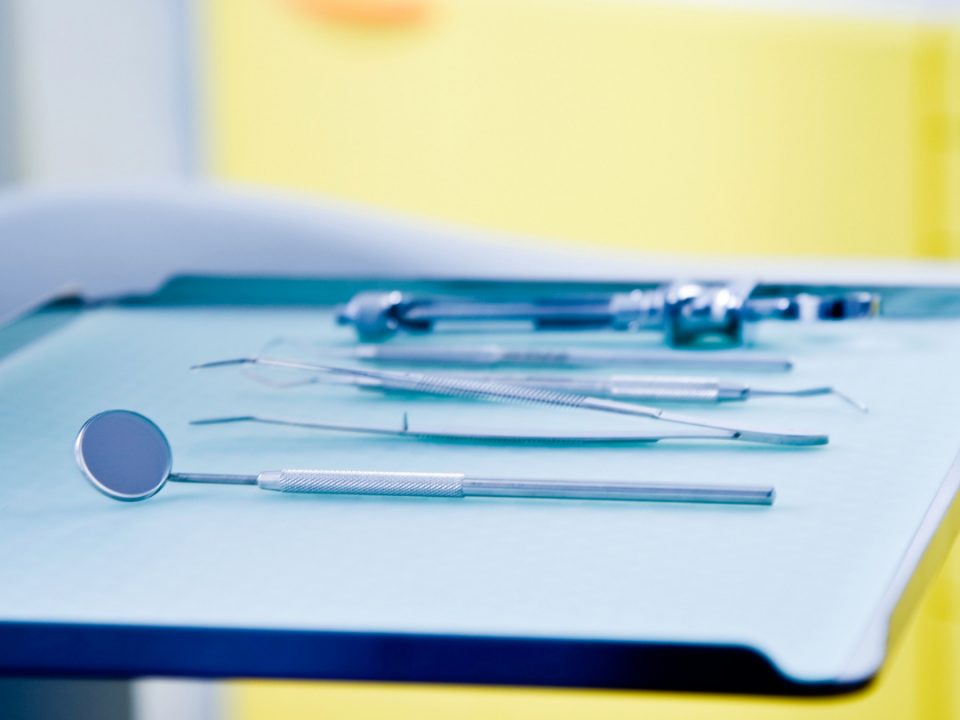
Signs You May Have a Fractured Tooth
July 28, 2021
Tips for Managing Anxiety before Oral Surgery
September 9, 2021Oral Surgery Recovery Includes Watching for Infection Signs
Surgical procedures bear the risk of infections during recovery, and oral surgery is no exception. Patients undergo oral surgery for different reasons. It could be a root canal, bone grafting, tooth extraction, or corrective jaw surgery.
With advancements in dental health technology, infection control practices are at their best. However, your wound could still get infected during or after surgery.
After oral surgery, take the necessary measures to ensure that your wound is not infected because the resulting complications will be more painful. To properly take care of your wound, you should be aware of what to watch out for and follow post-care guidelines from your dentist.
Signs of Infections
Immediately after surgery, expect some numbness, bleeding, pain and swelling. However, these should not last long. The signs below indicate unusual occurrences in your mouth, and you should seek medical help immediately.
Pain on the tooth area, neck or jaw that does not cease after medication
Increasingly swelling face, jaw or gums
Persistent fever
Bleeding for more than a day
Emitting pus or redness from the area
Swollen neck lymph nodes
Excessive pain when opening your mouth or jaw
Difficulty in breathing
How to Prevent Infections after Oral Surgery
Avoid Physical Activity
Purpose to spend the next day or two after surgery resting. If you are feeling drowsy after the procedure, it is because they put you on sedatives. Do not engage in any activity that requires concentration, like driving.
What’s more, do not engage in heavy lifting or any activity that puts pressure on the tooth area to avoid bleeding. If you prefer to spend your day sleeping, keep your head elevated by adding extra pillows.
Stick by Your Surgeons Aftercare Instructions
The surgeon will give you instructions on how to take care of your wound. If you get home and are not sure of the instructions given, call the facility for an update. To successfully prevent infections after oral surgery, you must adhere to the instructions provided.
For example, you might be told not to brush or use mouth wash for two days but to rinse your mouth with warm salty water after meals to dislodge food particles. As much as you want to maintain oral hygiene, brushing your teeth after the procedure brings you complications. Therefore, follow the instructions given.
Be Informed
Information is power, and when it comes to oral surgery recovery, you need to know what to look out for. You will be told that bleeding and swelling is expected, but where do you cut the line.
If you get home and the incision site is still bleeding, bite a folded dump gauze to stop the flow. If your face is still swollen, apply ice on the swollen side for about 30 minutes until it goes down. What’s more, if you are experiencing pain, take the prescribed pain killers.
If any of the above symptoms persist or you experience any other unusual signs, contact your dentist promptly.
Do Not Skip Your Antibiotics
Depending on the type of oral surgery you will get, your dentist will prescribe antibiotics before or after the surgery. The antibiotics are meant to prevent the bacteria in your mouth from infecting the wound. Therefore, finish the dosage as prescribed. While some symptoms like bleeding and pain are usual after oral surgery, make sure to contact your surgeon if they seem excessive. In addition, ensure to attend all your follow up appointments even if you feel like you have healed. Only your surgeon can give you a clean bill of health and wean you off medications and appointments after confirming your wound is healing well.




